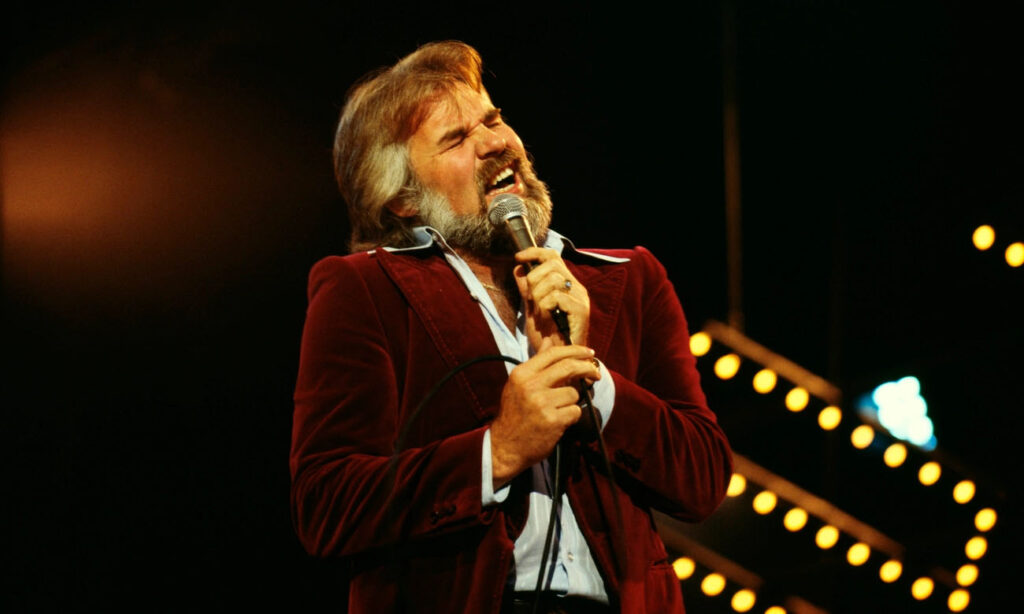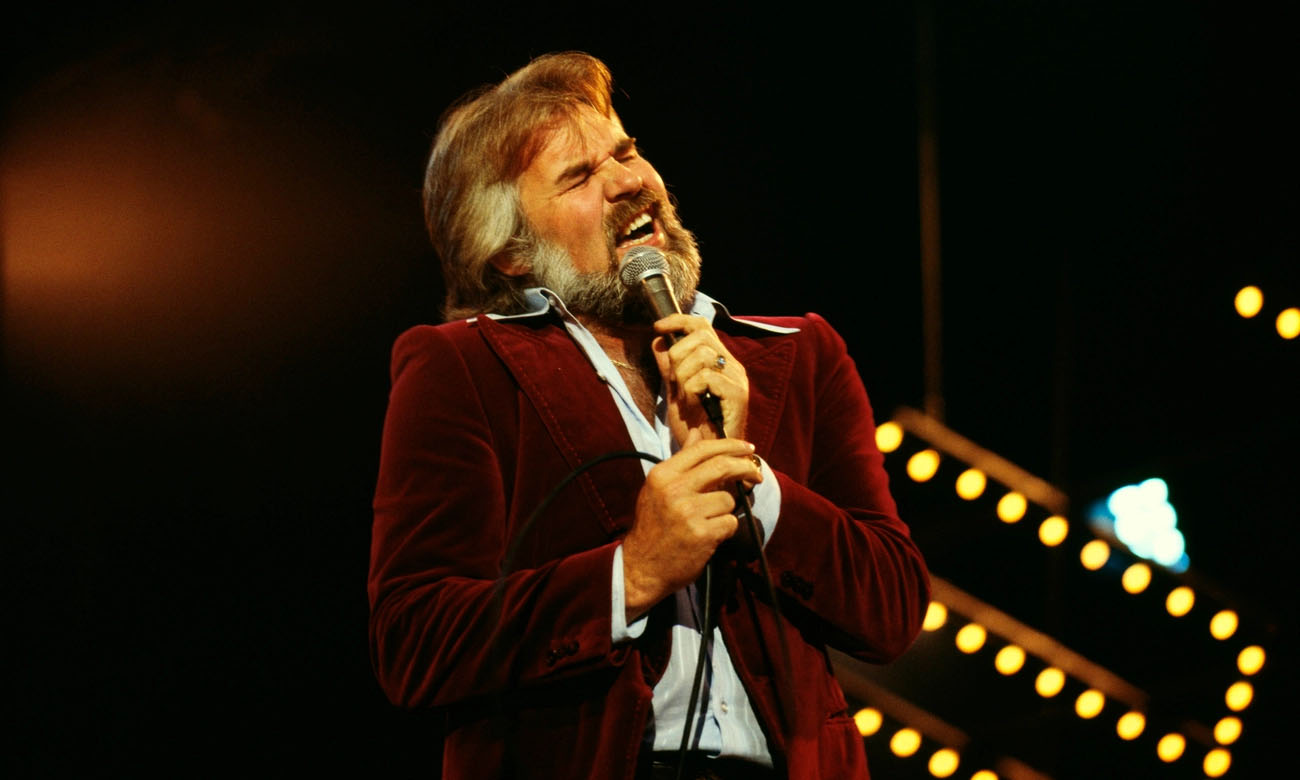by Caroline Bynum
If you’re a country music fan, it’s a safe bet you’ve listened to Kenny Rogers’ The Gambler’ cranked up on the stereo at least once or twice. Though Rogers’ version is by far the most famous, the song has a long history; it passed by many musical legends before arriving in Rogers’ hands. Kenny Rogers was dealt the winning hand with his version of Don Schlitz’s hit “The Gambler.” Johnny Cash, Bobby Bare, Conway Twitty’s son, and songwriter Don Schlitz all recorded it. But it was Kenny Rogers who took the song to the level of fame that it eventually reached.

Don Schlitz was an unknown songwriter, working a graveyard shift computer operator job when Kenny Rogers transformed the song into a Nashville hit, and in turn, transformed Schlitz’s life.
The songwriter wrote ‘The Gambler’ in 1976, on his 20-minute walk from Music Row to his apartment, he recalls. “In that 20 minutes, I wrote most of it in my head. I didn’t write a last verse, had no idea what was gonna happen, thought it was an interesting story but it was a throwaway,” Schlitz says. “I spent about six weeks trying to figure out what was gonna happen after the chorus.”
“Nobody would touch it” he says of “The Gambler,” which sat untouched and not recorded for quite some time.
Bobby Bare eventually cut the song in 1978, and Don Schlitz also cut it himself in 1978, though neither took the song to the amount of stardom that Rogers did. Kenny Rogers recorded the song later in the same year as Bare and Schlitz. Adding his own twang and personality to the show, Rogers sculpted the now well-known lyrics into a hit.
‘If you’re gonna play the game, boy, you gotta learn to play it right’
It seems while others tried, Kenny Rogers truly knew how to play it right. He released the song as a single on October 9, 1978, ahead of his album of the same name. The single quickly climbed the charts.
Johnny Cash recorded the song around the same time as Rogers, though it sounds quite different. “The Gambler” appears on Cash’s 1978 album “Gone Girl,” but the country icon was not the one to bring the song to the limelight. His struggle with drug issues ultimately cost him the country genre hit, Rolling Stone cites. Apparently, he was under the influence of drugs during his recording, leading to the not as successful sound.
In fact, it has been reported that Cash disliked the song, leading to his half-hearted commitment to Kenny Rogers’ hit. Robert Hilburn, author of a biography of Cash titled Johnny Cash: The Life, says he may have found the song “corny” during his drug addiction. “He was kind of surly then, in the late ’70s. The song might have struck him as corny. I don’t know exactly why he didn’t like the song, but it’s true, he didn’t like the song. It was a drug period,” Hilburn told The Spin in 2013.
Rogers also beat Willie Nelson with the song’s success. In fact, Willie Nelson turned down the song when Kenny Rogers tried to pass the lyrics along to him. “He played it for me and I said, ‘You know, I think it’s a great song, but I don’t think I’m going to do it,’” Nelson recalled this summer.
Nelson’s song, “Red Headed Stranger” is what kept him from saying yes to the now-famous hit. The long song was already a burden on the singer due to the lengthy lyrics, and Nelson did not want to take on another wordy track. Willie Nelson told the Today Show in July 2020, “I just didn’t want to do another long song, so he said, ‘Okay, I will record it myself,’ so he did.”
Both “Red Headed Stranger” and “The Gambler” became movies featuring the country icons. Red Headed Stranger, a Western film, hit screens on Halloween in 1986. Kenny Rogers and The Gambler, or now known simply as “The Gambler,” had its debut in 1980. The film featuring the song’s best-known singer received two primetime Emmy nominations, according to IMBd.
Kenny Rogers’ enthusiastic, strong vocal rendition of the song soared in popularity, especially in comparison to the other famous singers who had opportunities to crush the recording. ‘The Gambler” rose to number one on Billboard‘s Hot Country Songs. Rogers won a Grammy for Best Male Country Vocal Performance for the song, granting the song the title of Kenny Rogers’ signature and most famous song.


